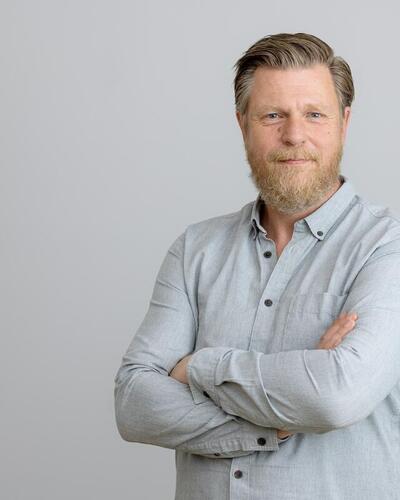Forskningsmidler tildelt til to forskningsprosjekter ved instituttet
Forskningsrådet offentliggjorde 24. juni hvilke prosjekter som har fått tildeling av forskningsmidler. Forskere ved Institutt for administrasjon og Organisasjonsvitenskap har fått støtte til to prosjekter med en tildeling på totalt 22 millioner!

Hovedinnhold
Forskningsrådet offentliggjorde 24. juni hvilke prosjekter som har fått støtte innen forskningskateogrien "Forskerprosjekt". Blant disse forskningsprosjektene som fikk støtte er to av prosjektene tildelt forskere ved institutt for administrasjon og organisasjonsvitenskap.
Policy capacity of interest groups - tildelt 11,8 millioner
Prosjektleder: Martina Vukasovic, sammen med Svein Michelsen og Kjetil Børhaug. Deltakelse fra Oslo Met, Universitetet i Sørøst-Norge, University of Jyväskylä og Hertie School og Government, Berlin.
This study analyses policy capacity of interest groups. Interest groups provide important policy goods to the policy-makers, such as information, expertise and legitimacy and, in doing so, complement the policy capacity of the state. Assessing policy capacity of interest groups is crucial for assessing the overall systemic policy capacity, which, in turn, is a necessary condition for policy success. This project analyses policy capacity of interest groups focusing on education in Norway, through in-depth case studies of key organizations in this domain representing the interests of the professions (Utdanningsforbundet, Norsk Lektorlag, and Forskerforbundet), providers (Private Barnehagers Landsforbund, Universitetet- og høgskolerådet) and users of education services (Elevorganisasjonen and Norsk studentorganisasjon). The Norwegian organizations are compared with their counterparts in a similar system - Finland, and in a contrasting system - Germany.
Specifically, the project maps the distribution of political, analytical and operational dimensions of policy capacity between interest groups, as well as within interest groups, taking into account their internal organizational complexities. The project explores how identified distributions of policy capacity can be explained and what are the consequences for the overall systemic policy capacity.
The project combines theoretical insights from interest groups literature, organizational studies, and studies of education governance, and relies on both qualitative and quantitative data. The project will provide the first systematic and comprehensive analysis of policy capacity of interest groups organizations in education in Norway. Apart from contributing to research literature, the project also has practical relevance, given that it will include activities aimed at sharing of knowledge and experience concerning boosting policy capacity both within and across the involved interest groups
The State as a Corporate Actor: Structural Choices, Historical Legacies, and Organisational Legitimation - Tildelt 10,3 millioner
Prosjektleder: Julia Fleischer, sammen med Simon Neby. Deltakelse også fra NIBR/Oslo Met og Ratio institute i Stockholm
STATECORP analyses the relevance of structural choice politics and historical legacies for corporatisation patterns in Norway and Sweden (1950–2020) as well as their consequences for organisational legitimation. The project seeks to enhance our current understanding of corporatisation at the fringes of the public sector, bridging separate literatures and taking into account the multitude of actors that are activated in (and implicated by) these dynamics. By studying the causes of corporatisation and its consequences, especially for the organisational legitimation of corporate entities, the project adds to various scholarly debates and sheds light on an oftentimes overlooked yet arguably large part of the modern democratic state.
STATECORP follows an inter-disciplinary approach and links explanatory theoretical perspectives on structural choice politics and historical legacies with an evaluative theory on organisational legitimation. It applies a mixedmethod research design and combines state-of-the-art quantitative analyses with a set of historical case studies, inter alia based on extensive document analyses using also text-as-data techniques.
The project generates knowledge and data relevant to various disciplines. Its findings inform debates on the structural dynamics of the democratic state and corporatisation as a key structural dynamic in the Scandinavian context, studying the importance of actors and their context as well as sectoral or organisational legacies. Likewise, its evaluative view on organisational legitimation examines how these corporate forms manage legitimation, i.e. performative, moral, technical, and legal reputation towards various audiences in society. Lastly, STATECORP provides actionable knowledge on corporatisation that is of direct use for those involved in these dynamics and their consequences.
Du kan lese mer om tildelinger ved Universitetet i Bergen her.




